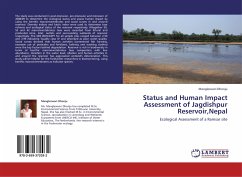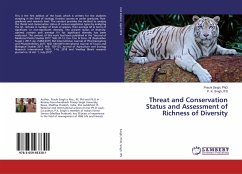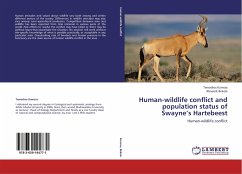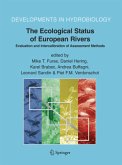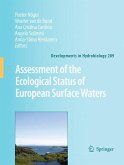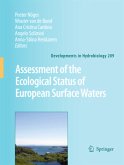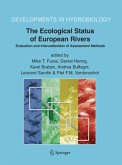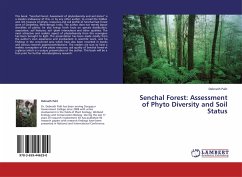The study was conducted in post-monsoon, pre-monsoon and monsoon of 2008/09 to determine the ecological status and assess human impact by using the benthic macroinvertebrates and social survey in and around reservoir. Diversity indices and biotic index were used to determine taxa richness and ecological status of the reservoir respectively. Altogether 50, 53 and 42 macroinvertebrates taxa were recorded from littoral and profundal zone, inlet, outlets and surrounding wetlands of reservoir respectively. The GRS BIOS/ASPT for all sample sites ranged between 2.50 and 3.99 indicating 'Quality class IV' and described as poor water quality. Social survey showed that human activities (commercial fish farming, excessive use of pesticides and fertilizers, bathing and washing clothes) were the key factors behind degradation. Reservoir is rich in biodiversity in terms of benthic macroinvertebrates taxa composition with low abundance. Variation in the water level, siltation and human activities in and around the reservoir has aggravated wetland's deterioration. This study will be helpful for the freshwater researchers in biomonitoring, using benthic macroinvetrebrates as indicator species.
Hinweis: Dieser Artikel kann nur an eine deutsche Lieferadresse ausgeliefert werden.
Hinweis: Dieser Artikel kann nur an eine deutsche Lieferadresse ausgeliefert werden.

